The Federal Reserve announced a policy shift in how it views interest rate and the potential tradeoff between that and employment by signaling it would be more accepting of higher interest rates following periods of low-interest rates and inflation and indicated any interest rate increases could be further away.
Personal income rose 0.4% in July, beating consensus estimates of -0.2%. Disposable personal income, which is calculated using after-tax income, rose another 0.2% in July which represents a 9.5% rise from one year prior.
Consumer spending rose more slowly in July versus prior months, pointing to weaker growth amid COVID spikes across the country and the expiration of extended unemployment benefits.
Consumer confidence unexpectedly fell to a six-year low in August, with respondents largely souring on current conditions. At the same time, existing-home sales in July skyrocketed by the most on record, helped by lower rates. Housing continues to be a bright spot in the economy, though in combination with the sharp fall in consumer confidence could indicate a bifurcating economy between those most impacted by COVID and those less impacted.

